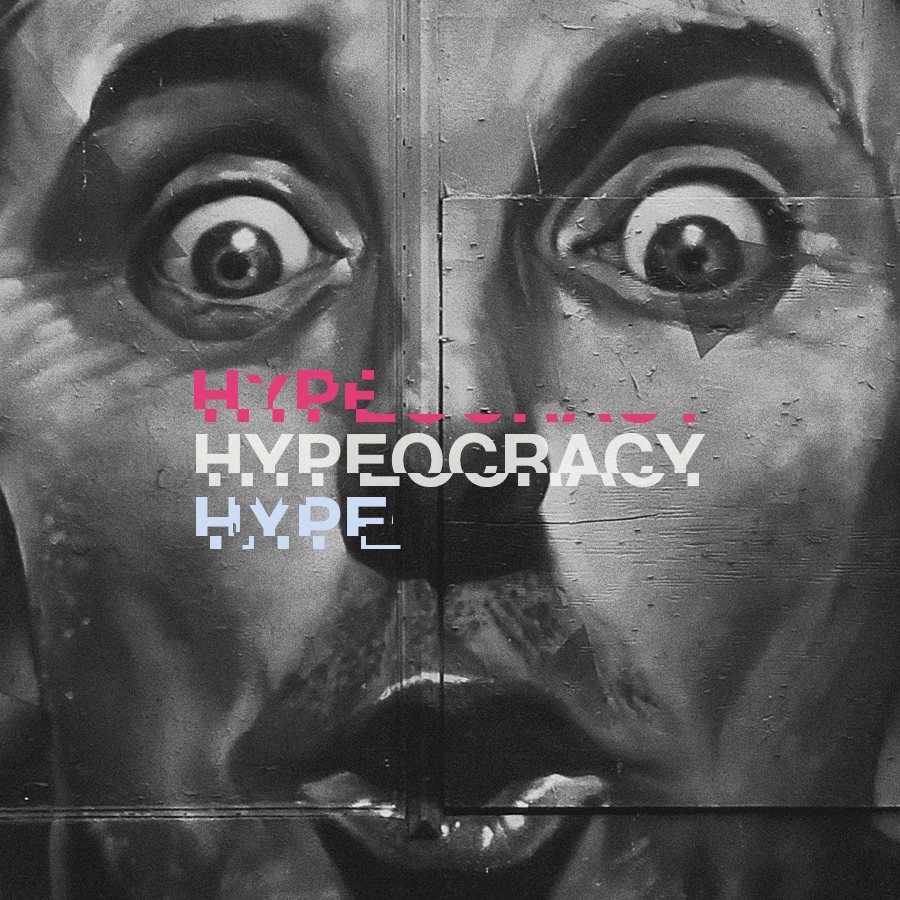Solidarity
The word 'solidarity' should make you feel a bit uneasy. Typically, the stronger the internal bonds get within a group, the more phobic and hostile the group becomes to outsiders. You can watch this dynamic play out in everything from nations and sports teams to ideologies and molecules.
And solidarity is often just a temporary illusion. A group can look cohesive from the outside when there's no real solidarity holding the parts together, just a shared hostility towards something in the external environment. The plasma membrane of a cell is held together in this way and so are a lot of our political tribes; if the external environment becomes less phobic, the group falls apart because the internal bonds were never very strong to begin with. And this creates a strange incentive to manufacture hostility.
When a group is held together by fear and hatred, the leaders will inevitably perpetuate those fears in order to keep the group and their power from dissolving. Most of the social unrest we're living through today is being kindled by people and organizations whose power and status depends on us hating and fearing each other.
So maybe it's time to ask: How can we create groups that are strong and resilient without needing an enemy? What would solidarity based on love instead of fear look like?

